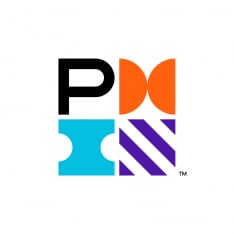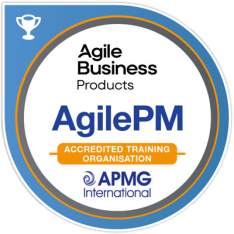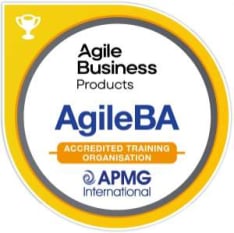 To help and support our clients we are providing a limited number of 250 daily discount codes. Hurry, first come, first served!
To help and support our clients we are providing a limited number of 250 daily discount codes. Hurry, first come, first served!
Scrum Certification FAQs

Why we're the go to training provider for you

Best price in the industry
You won't find better value in the marketplace. If you do find a lower price, we will beat it.

Trusted & Approved
We are accredited by PeopleCert on behalf of AXELOS

Many delivery methods
Flexible delivery methods are available depending on your learning style.

High quality resources
Resources are included for a comprehensive learning experience.




"Really good course and well organised. Trainer was great with a sense of humour - his experience allowed a free flowing course, structured to help you gain as much information & relevant experience whilst helping prepare you for the exam"
Joshua Davies, Thames Water



Looking for more information on Scrum Certification
 Top 50+ Scrum Master Interview Questions and Answers
Top 50+ Scrum Master Interview Questions and Answers Scrum Master Salary: Entry Level to Experience
Scrum Master Salary: Entry Level to Experience Scrum Master Roles and Responsibilities: All you Need to Know
Scrum Master Roles and Responsibilities: All you Need to Know Kanban vs Scrum: What's the Difference?
Kanban vs Scrum: What's the Difference? What is a Scrum Master and What Do They Do?
What is a Scrum Master and What Do They Do? What is Scrum Methodology? Introduction to Scrum Process
What is Scrum Methodology? Introduction to Scrum Process Scrum Master Roles and Responsibilities: All you Need to Know
Scrum Master Roles and Responsibilities: All you Need to Know Daily Scrum: A Complete Overview
Daily Scrum: A Complete Overview Scrum Sprints: An Ultimate Guide
Scrum Sprints: An Ultimate Guide





















 If you wish to make any changes to your course, please
If you wish to make any changes to your course, please


